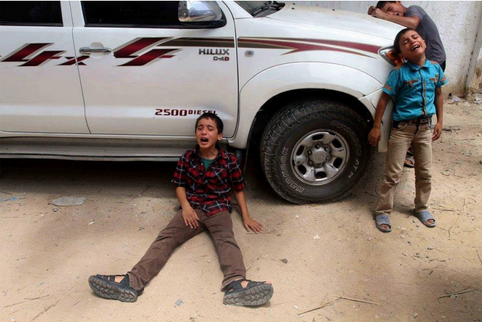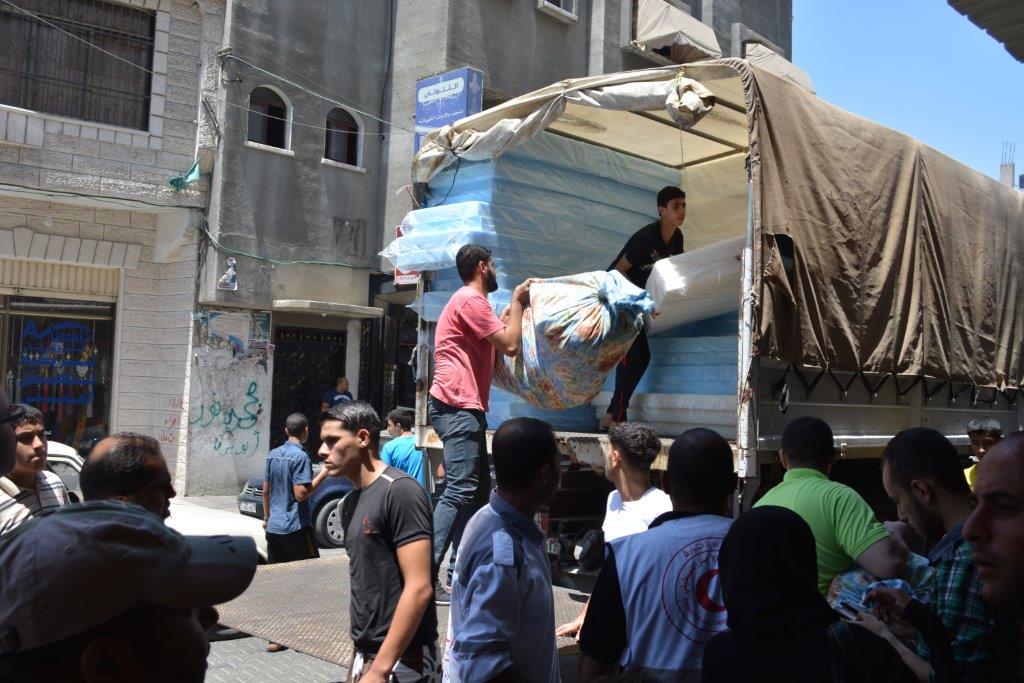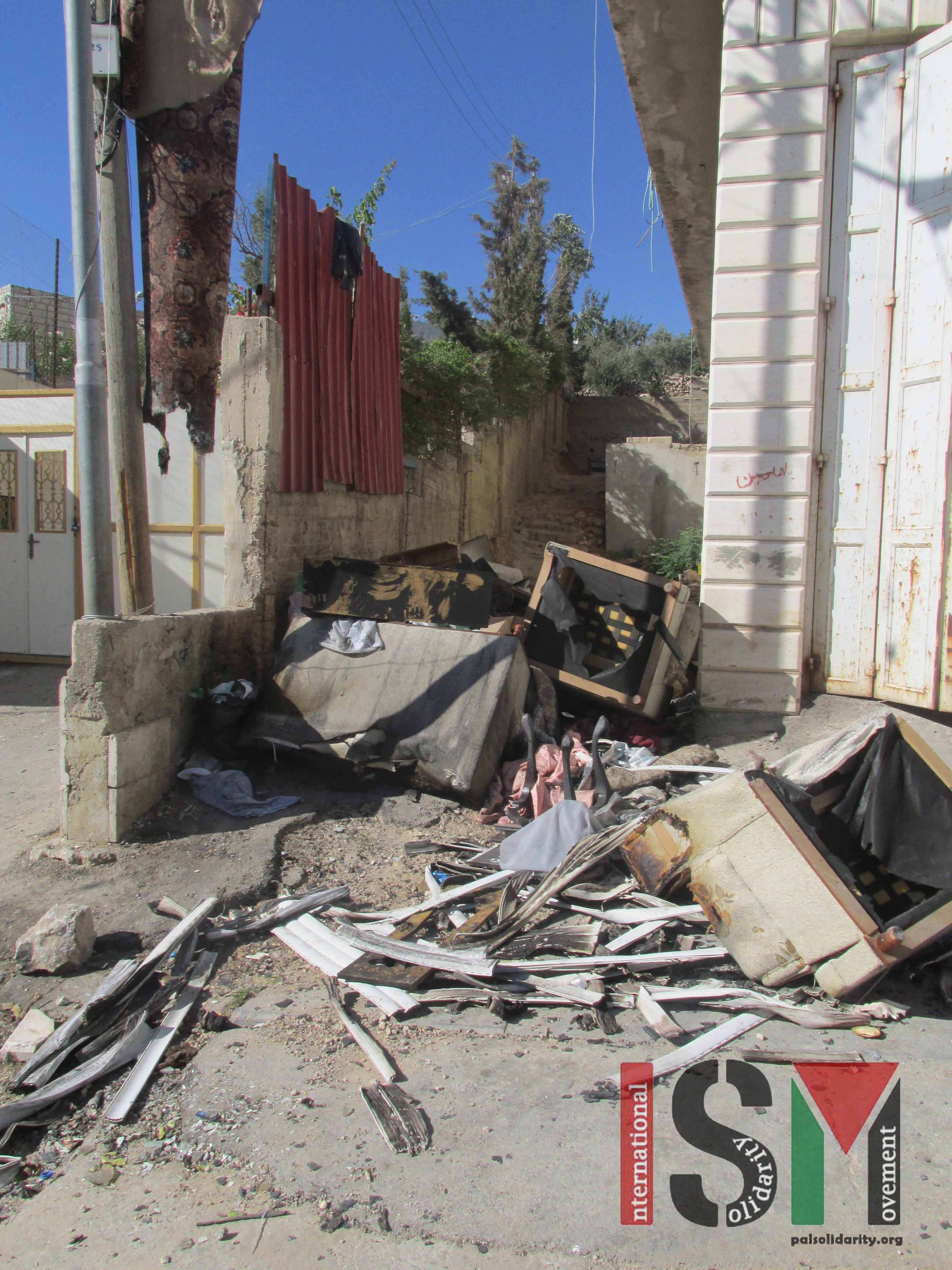Author: ISM Media
-
Short stories from Gaza
5th August 2014 | Sarah Algherbawi | Gaza, Occupied Palestine These are short stories from Gaza, a brief picture of our suffering. Reality is much more painful. The description under each photo consists of facts published on news agencies and social media. For each photo I also wrote a story. Some of the photographed people we have seen on TV, others I…
-
UPDATED: Urgent Action alert: Rescue team delivering urgent humanitarian aid to Rafah at risk
4th August 2014 | International Solidarity Movement | Gaza, Occupied Palestine UPDATED: Thanks to all the people who contacted their representatives and the foreign offices of the UK, Sweden, and the USA! The Palestinian human rights defenders, joined by international volunteers, safely delivered mattresses, food, and water to citizens in Rafah today. ******* Call your representatives and the foreign…
-
Israeli army cause fire in Palestinian home
3rd August 2014 | International Solidarity Movement, Khalil team | Hebron, Occupied Palestine On Friday the 1st of August, at approximately 19:30 in the Gabal Gohar area of H2 (under full Israeli military civil and security control) in al-Khalil (Hebron), solders from the Israeli military caused a fire to a Palestinian apartment. The solders were shooting tear…



